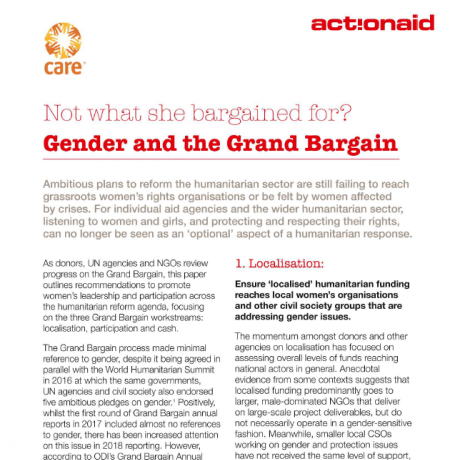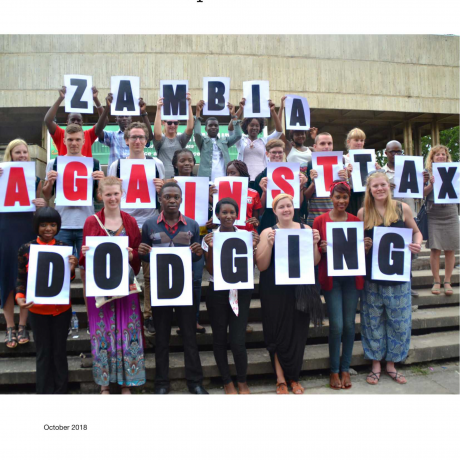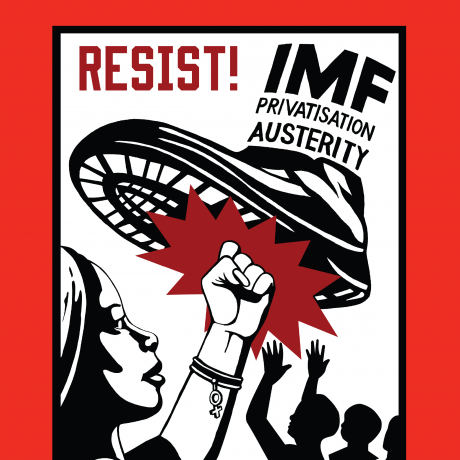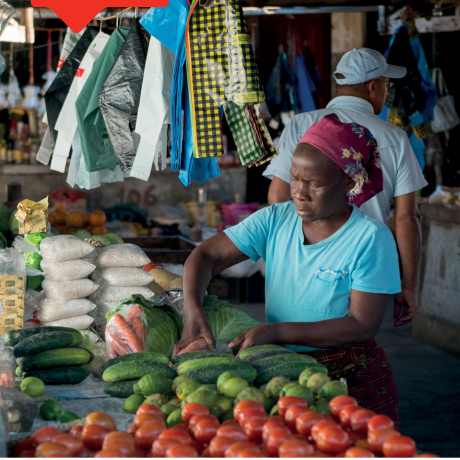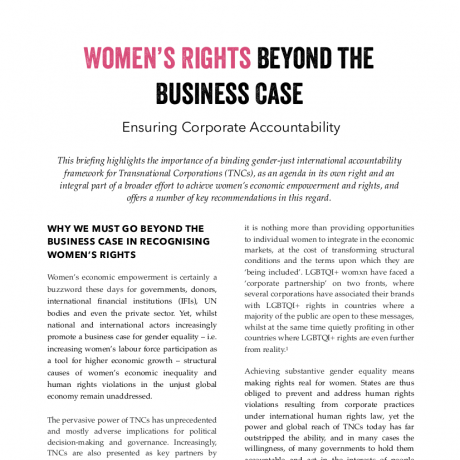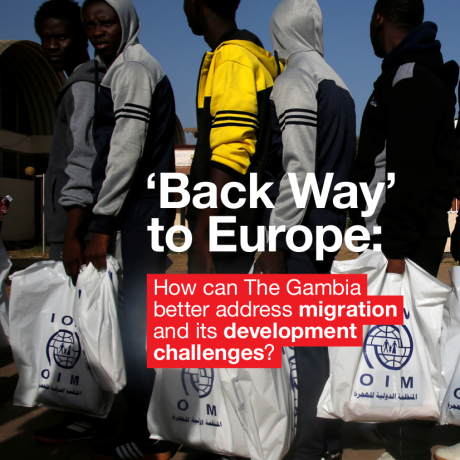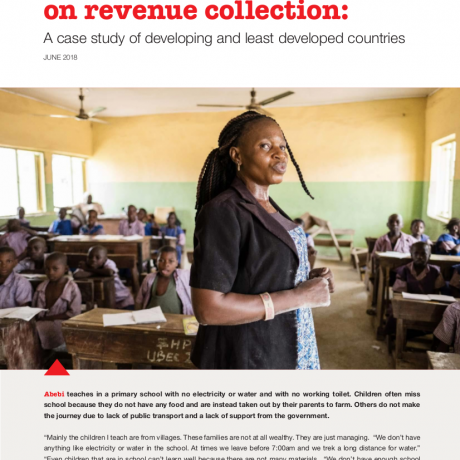Publications
Attacks on Civic and Democratic Space
Laws and practices that restrict civil space and civil society's ability to operate are undermining people's ability to advance human rights, hold governments to account and help vulnerable
Youth, Gender and Social Protection
This paper is an excerpt from AAI’s preliminary report, Youth, Gender and Social Protection: Rebuilding systems for the 21st Century. It is written with a focus on young women and men, whose futures
Short-Changed: How the IMF's tax policies are failing women
In recent years the International Monetary Fund (IMF) and other multilateral institutions have placed an increased emphasis on gender inequality and the need to address it. This trend has peaked since
Women's Rights Beyond The Business Case
This briefing highlights the importance of a binding international accountability framework for Transnational Corporations (TNCs) that protects women's rights, as an integral part of efforts to
Annual report 2017
In 2017 we began to implement our new 10-year Strategy 2028: Action for Global Justice which seeks to increase the collective impact we make on the big challenges that people living in poverty and
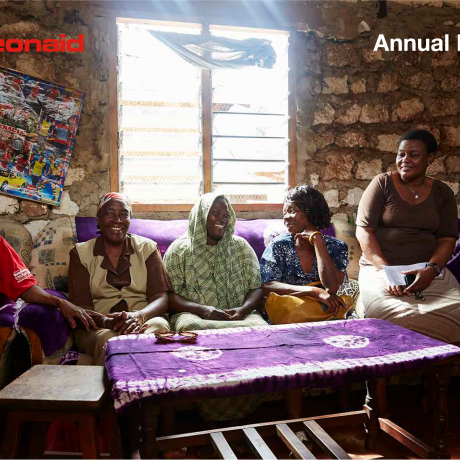
Framework 2018: Gender-Responsive Public Services
This framework offers practical guidance to all matters relating to public services, including education, health, transport, water and sanitation, early childcare, agricultural extension and street
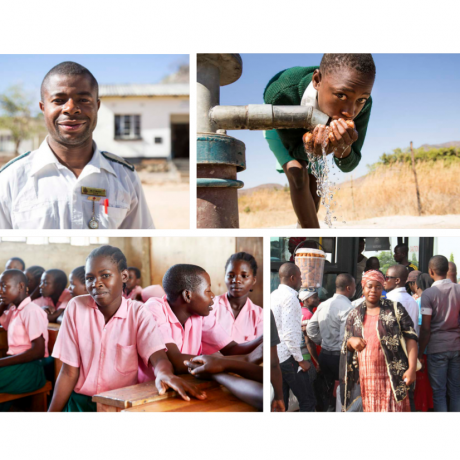
‘Back Way’ to Europe: How can The Gambia better address migration and its development challenges?
In the four years 2014-17, some 1.7 million people risked their lives by fleeing across the Mediterranean Sea for Europe, a journey in which over 13,000 have died or have gone missing. This report is
Raising citizens’ voices on the Sustainable Development Goals
To achieve the Sustainable Development Goals (SDGs), the world’s most marginalised people must be involved in the process. But they are often excluded implementing, monitoring and delivering the SDGs
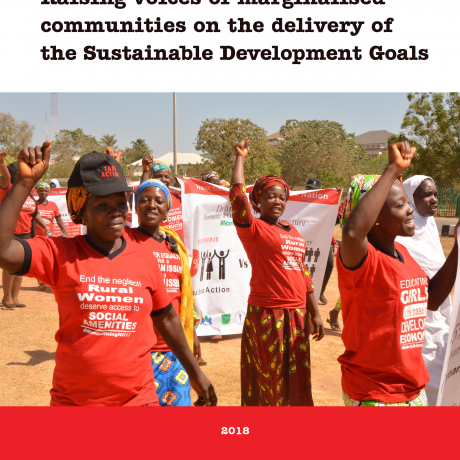
The impact of tax treaties on revenue collection: A case study of developing and least developed countries
Executive summaryForeign direct investment (FDI) by multinational enterprises is given substantial weight by an expanding number of developing countries. Many of them have decided to sign tax treaties
Not what she bargained for?
This report outlines recommendations to governments, UN agencies and NGOs on to support gender work and the specific steps that CARE International and ActionAid will make to support wider efforts.
